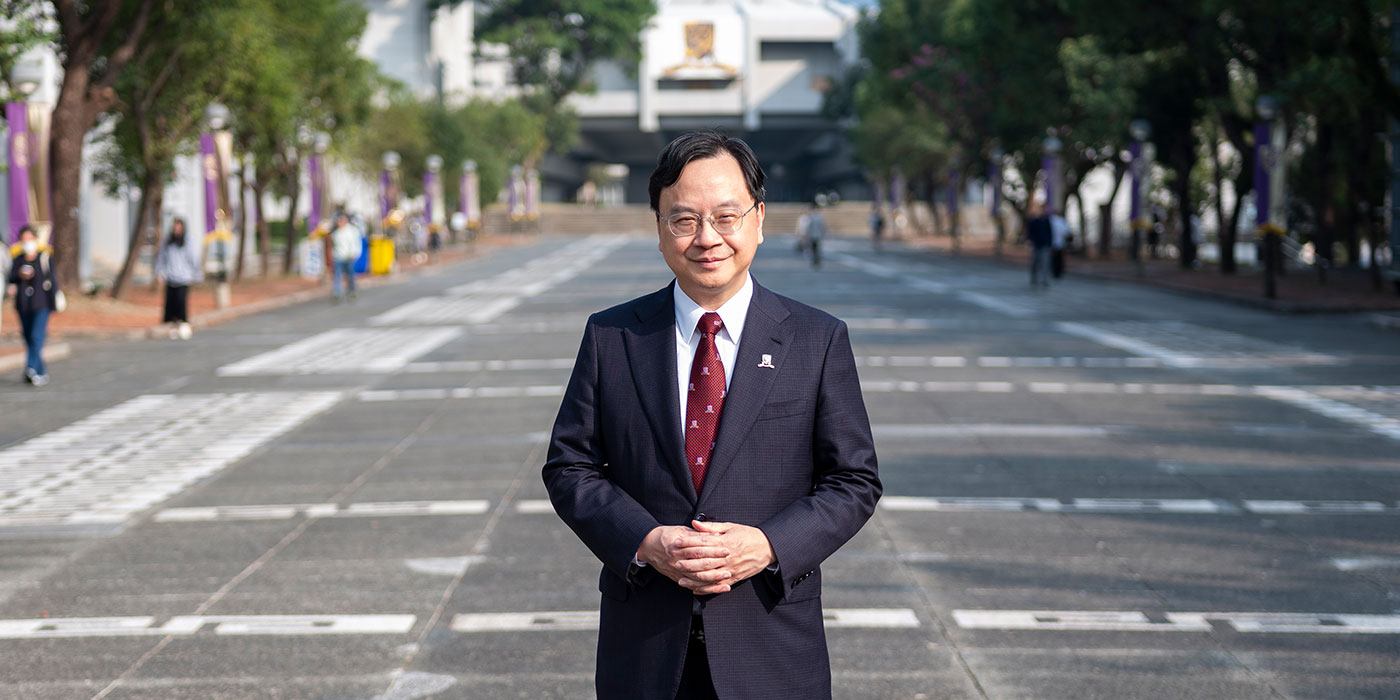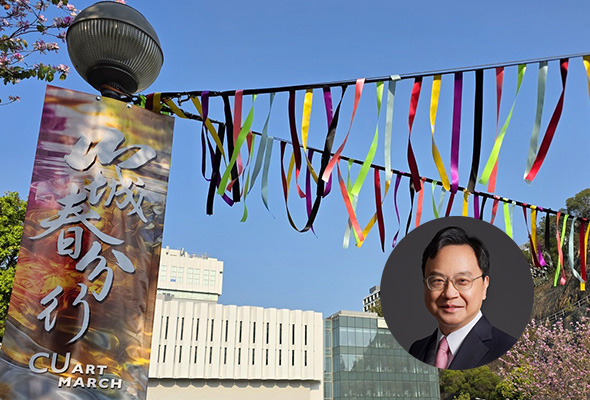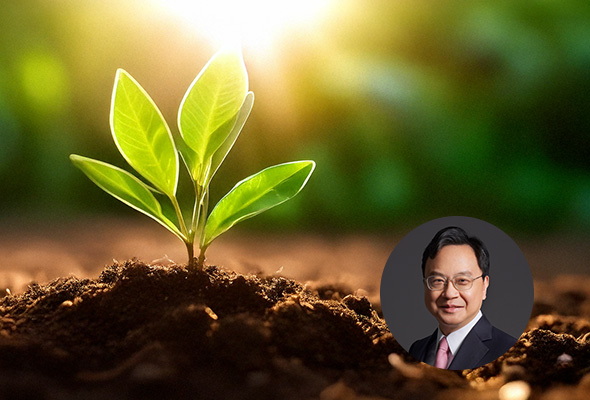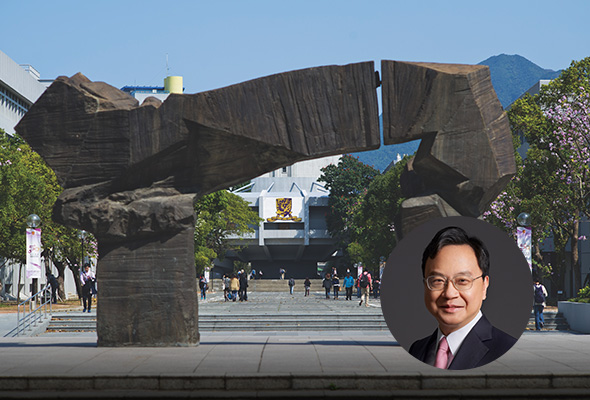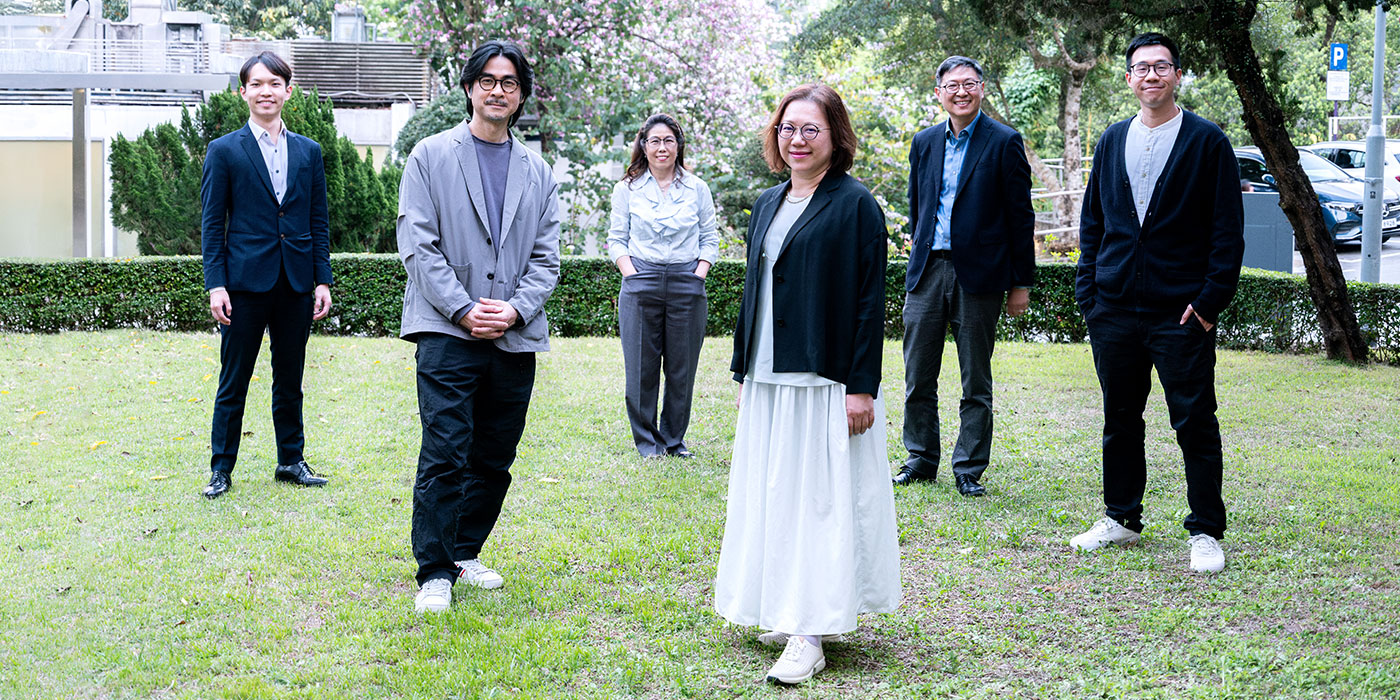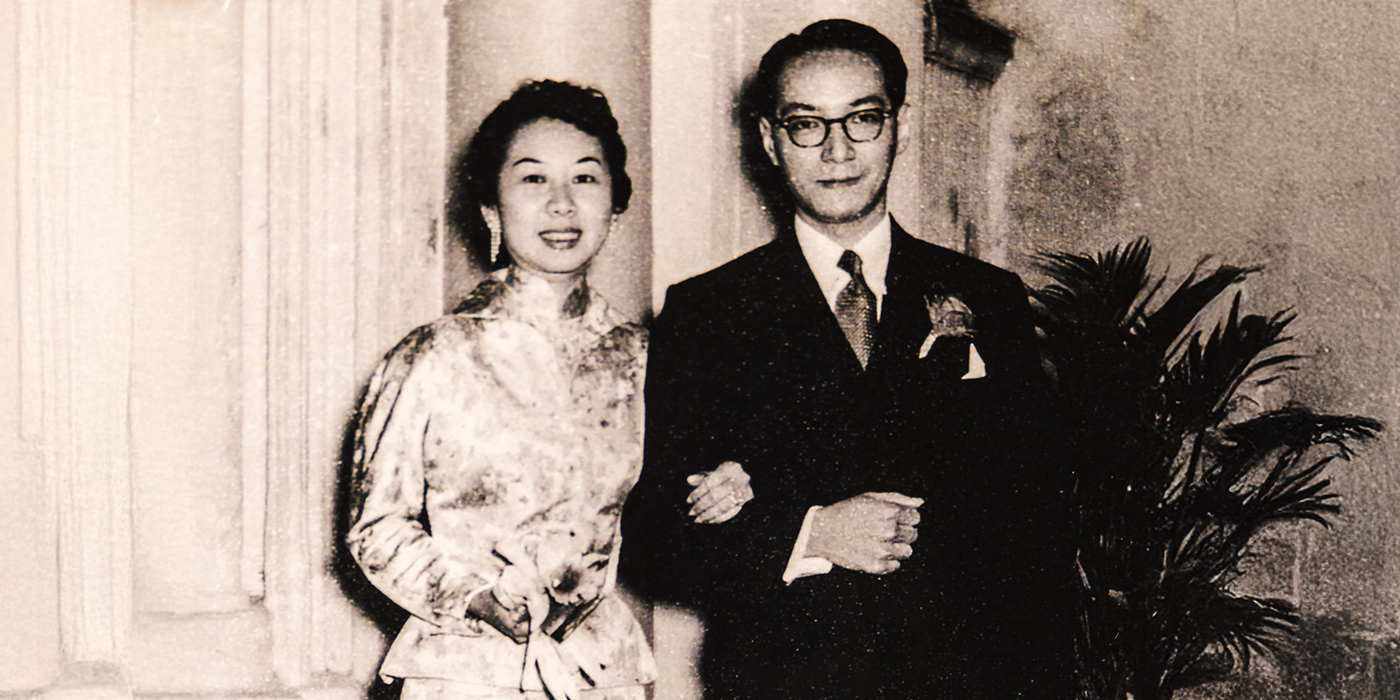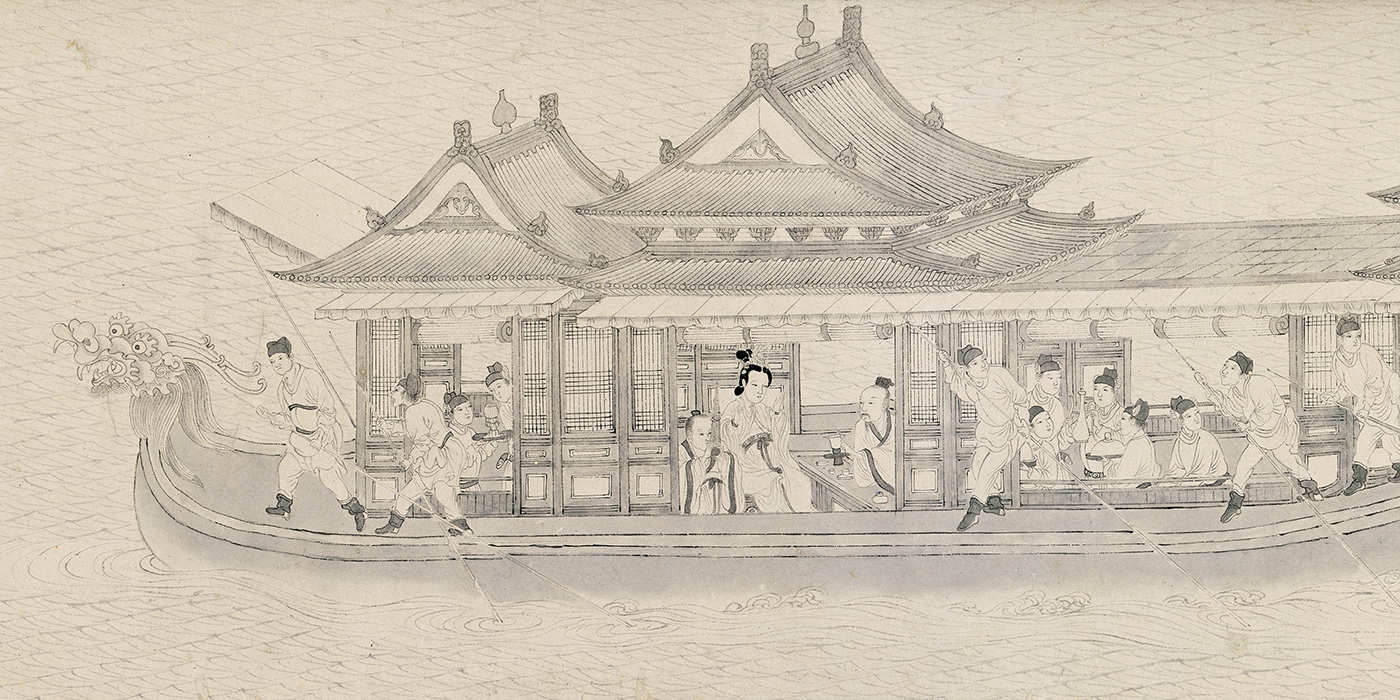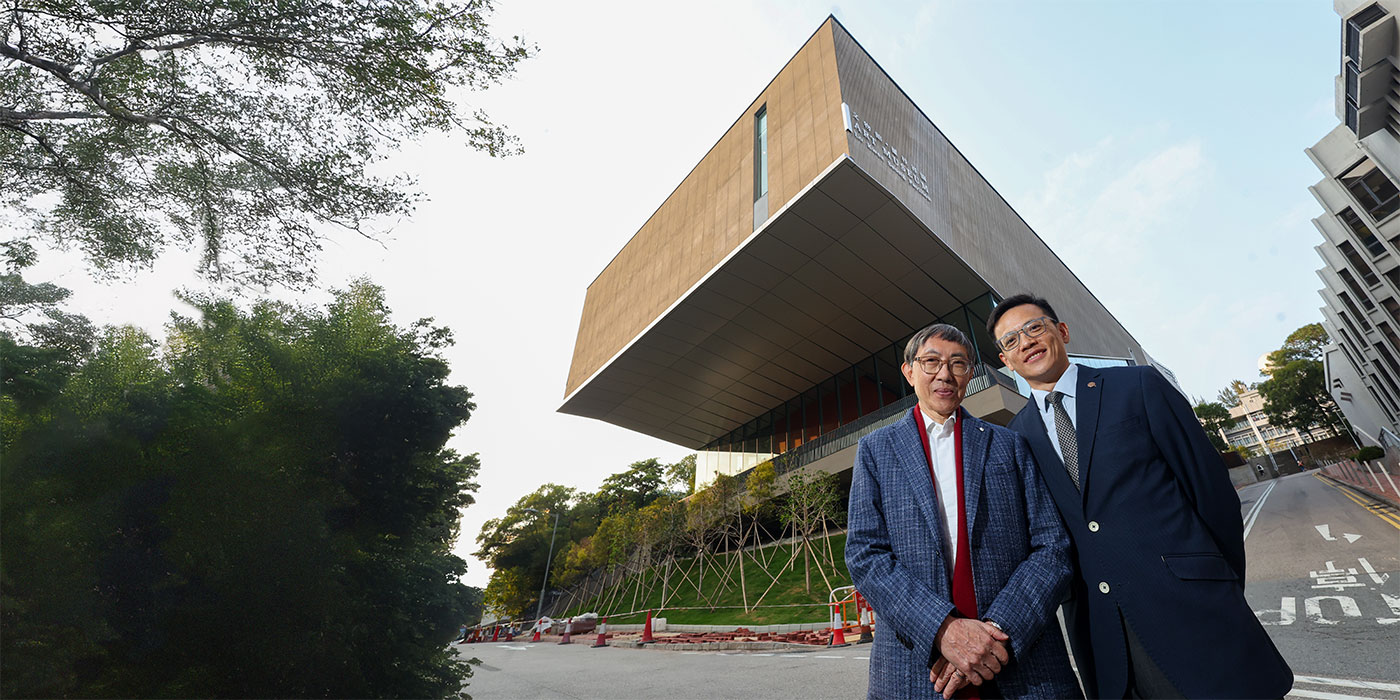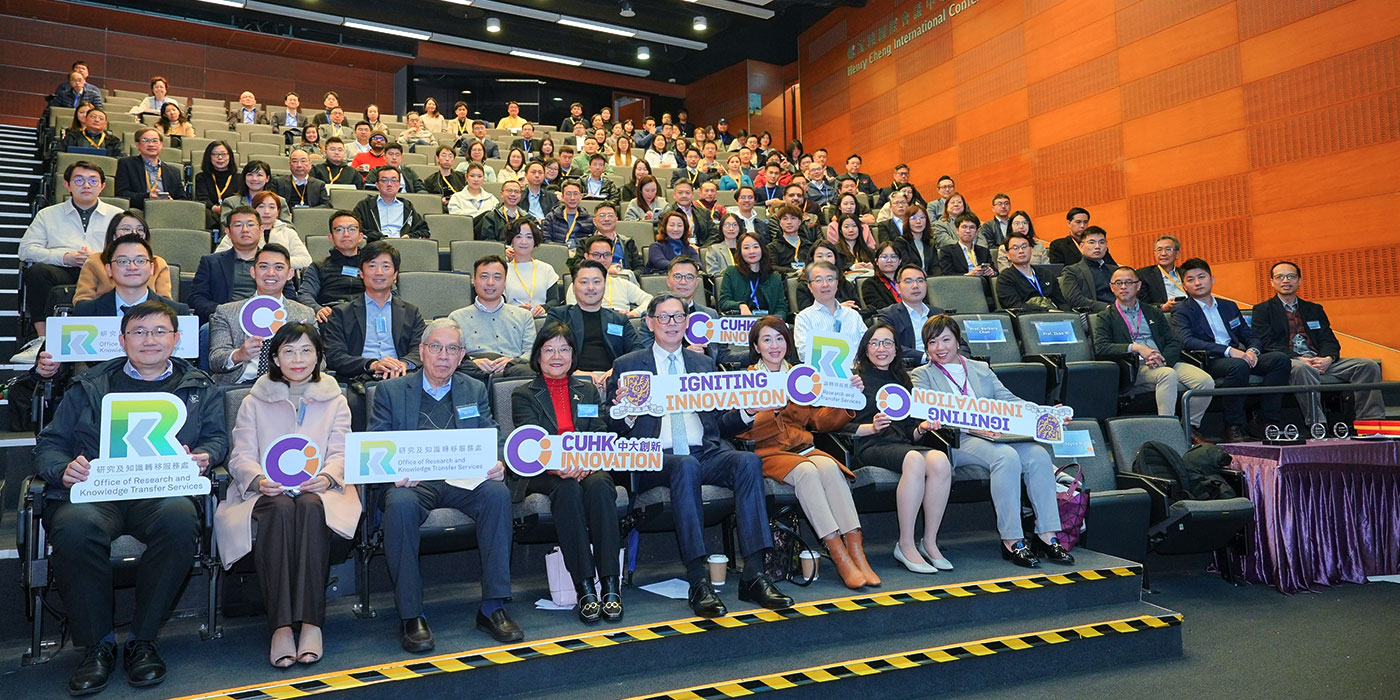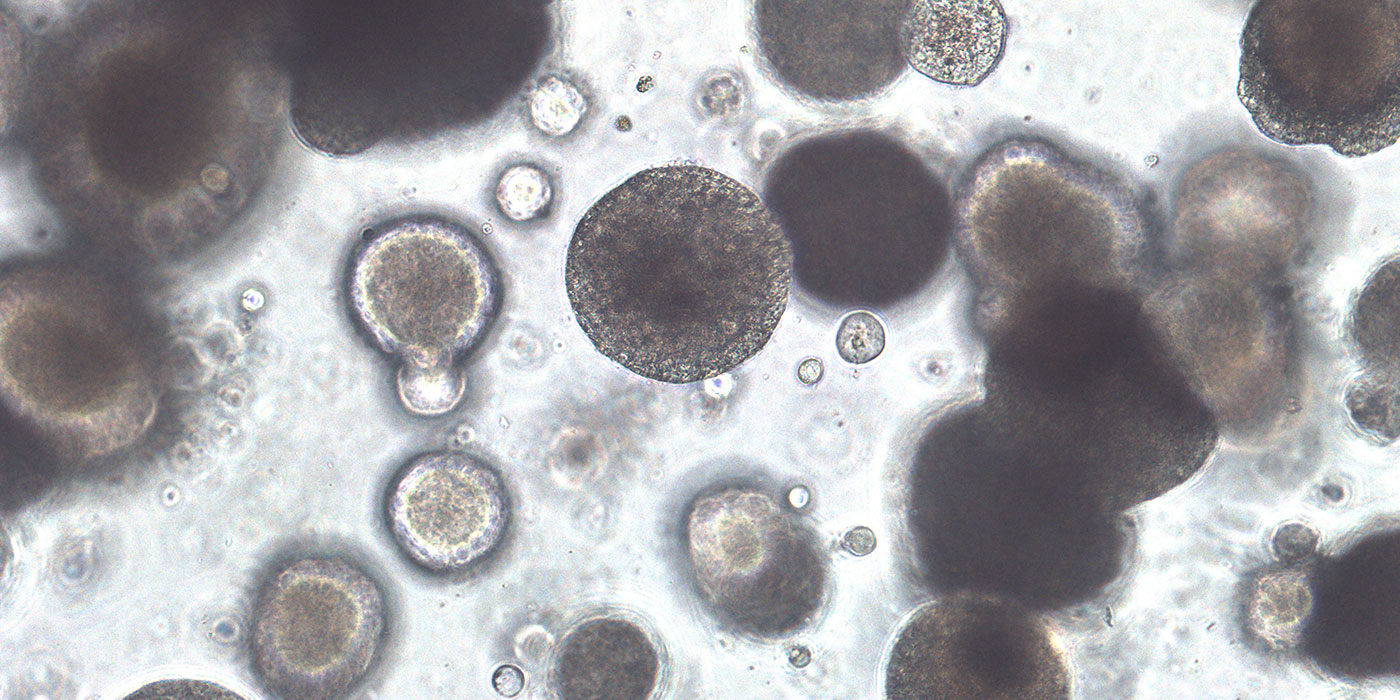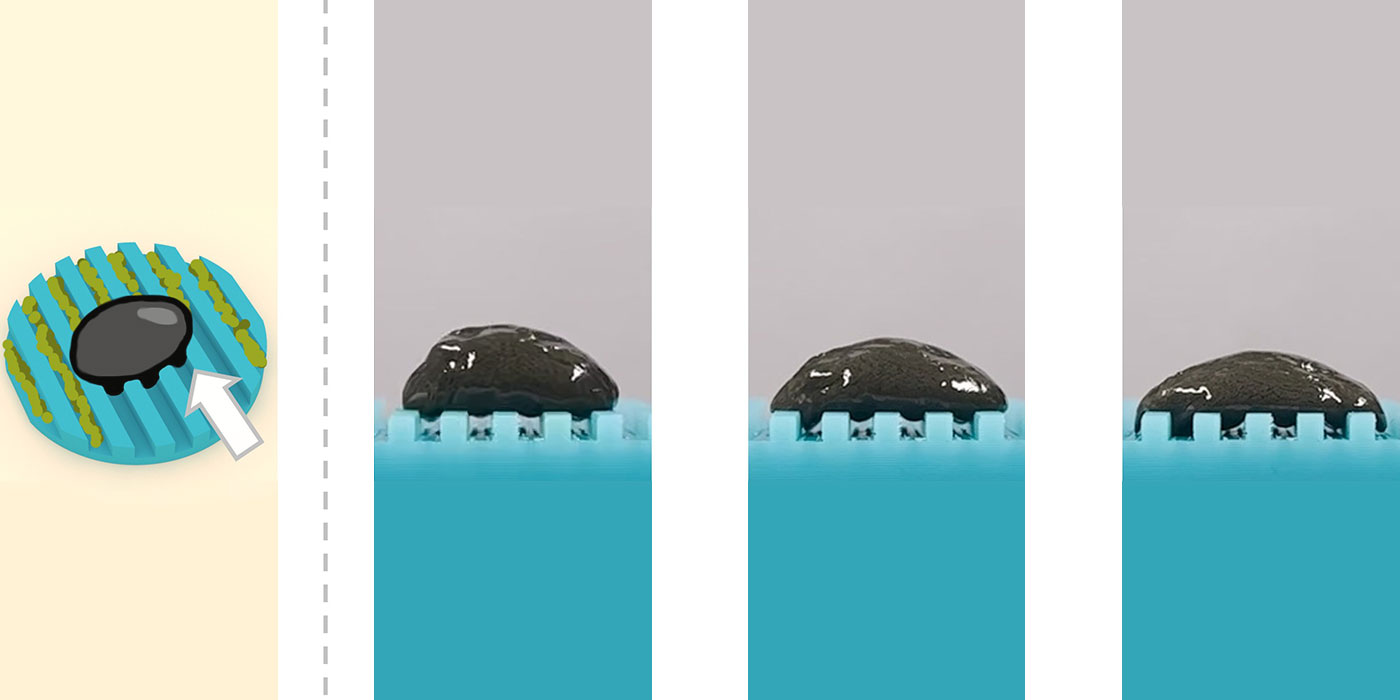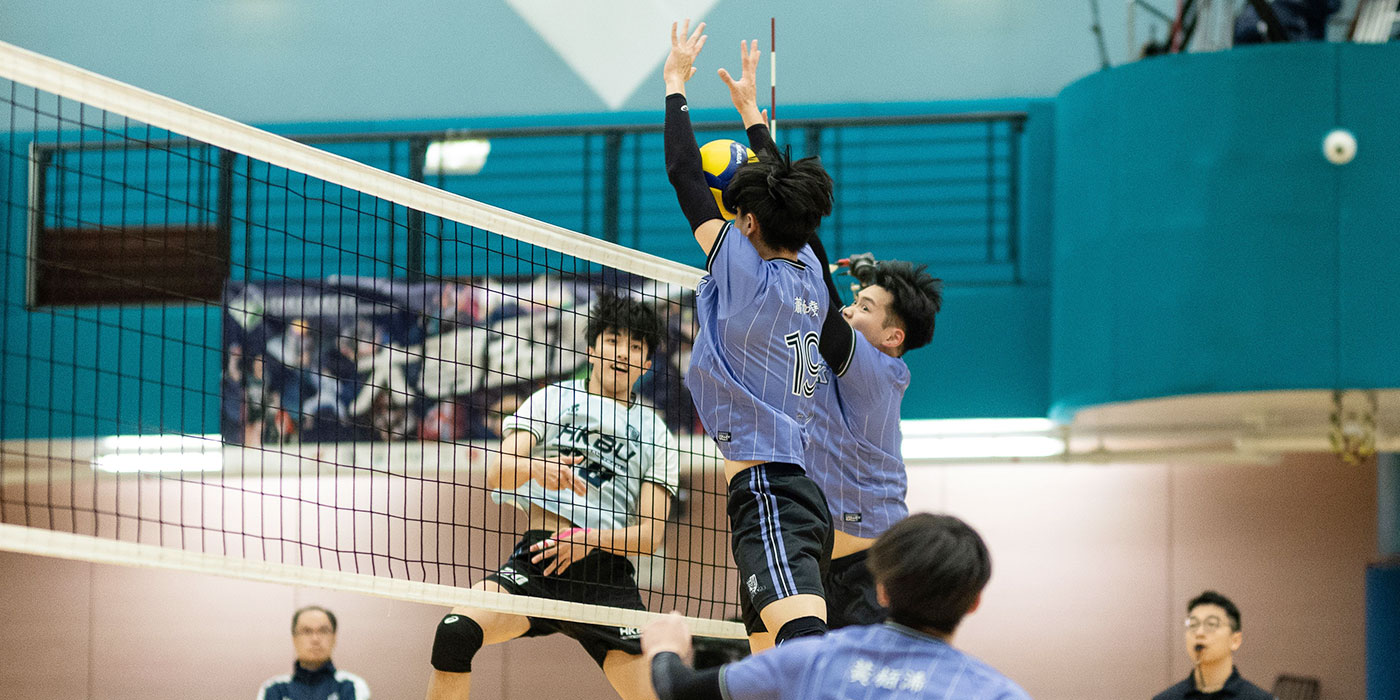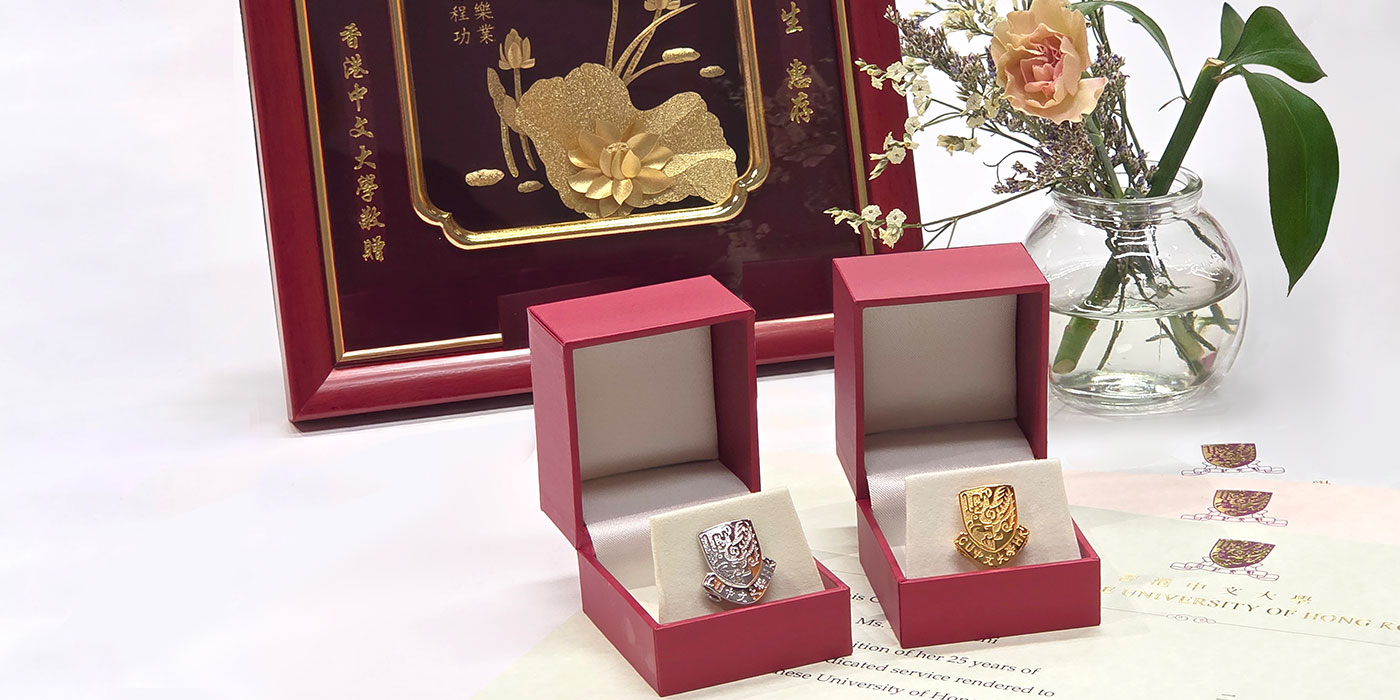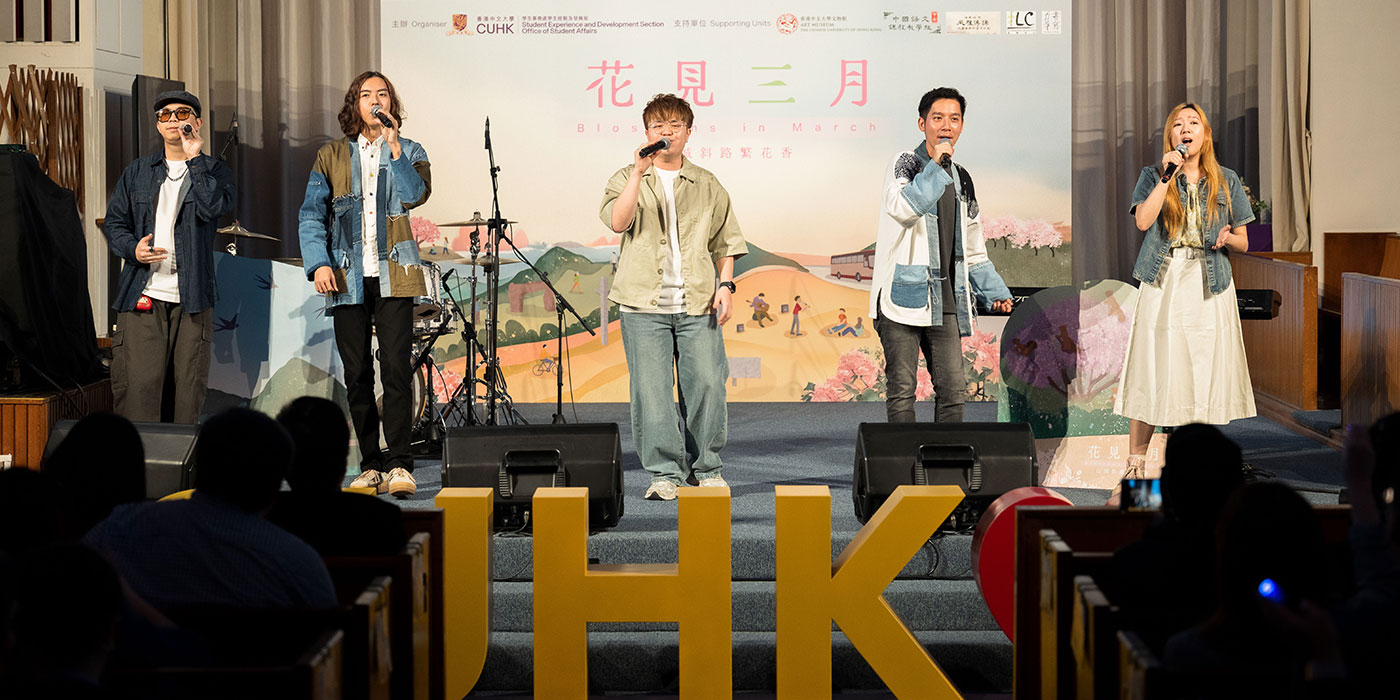Shaping future education amid the tech wave
Vice-Chancellor Dennis Lo on AI and protecting inventions
16 April 2025
In recent years, the Hong Kong government has actively promoted innovation and technology, while The Chinese University of Hong Kong (CUHK) has leveraged its strengths in education and research to collaborate with the government in advancing the innovation and technology ecosystem. During a media interview on 23 March, CUHK Vice-Chancellor and President, Professor Dennis Lo Yuk-ming, described Hong Kong as entering a golden era of innovation and technology development. He also shared his insights on artificial intelligence (AI) and higher education.
AI revolution
Professor Lo underscored the transformative impact of AI on healthcare technology. He anticipated AI’s assistance in medical procedures such as radiographic analysis for preliminary screenings, which would enable doctors to identify potential problem areas swiftly, leading to faster reports and reduced patient wait times. He also foresaw a pivotal role for AI in interpreting DNA sequencing, which would improve genetic testing by identifying variations with greater speed and accuracy.
However, Professor Lo emphasised the need for further study on the ethical and legal challenges posed by AI. “If AI requires vast amount of data to learn, how do we address copyright issues? If AI contributes to an invention, should it be recognised as a co-inventor? And if AI makes a critical error, who bears responsibility — the manufacturer or the user?”
He also pointed out concerns regarding patient privacy in medical applications, emphasising the need for careful consideration to ensure accountability and fairness. Noting that AI relied heavily on computational power, Professor Lo said that CUHK was currently evaluating whether its computational resources were sufficient, and exploring collaboration with external institutions to meet such demands.
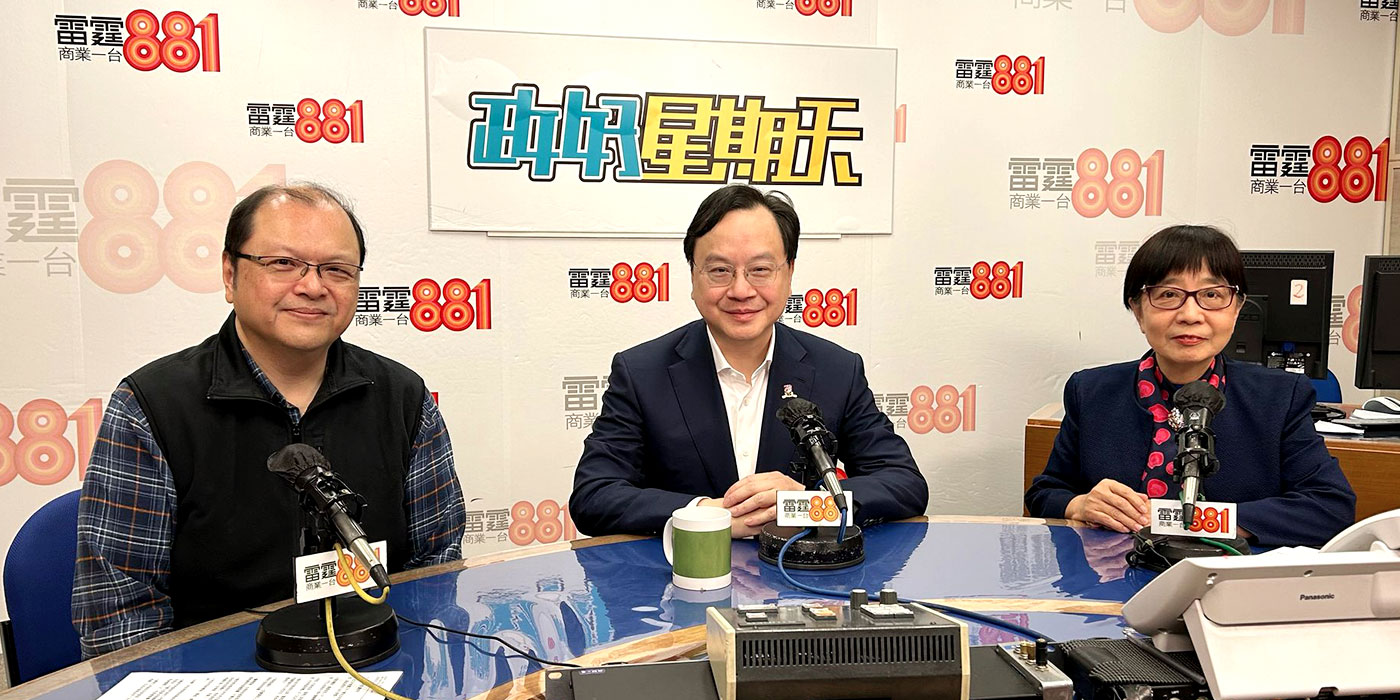
Protect your invention
Since returning to Hong Kong in 1997 to join CUHK, Professor Lo has witnessed a dramatic increase in the city’s investment in innovation and technology. Reflecting on his early days, he recalled: “When I first came back to Hong Kong, my initial research grant was only a few hundred thousand dollars. Then, in 1999, the Innovation and Technology Fund was established, and I received my first multi-million-dollar grant. After the outbreak of severe acute respiratory syndrome (SARS) in 2003, the government recognised the critical role of research in combating infectious diseases, leading to grants worth tens of millions of dollars.”
“Today, under the InnoHK initiative, individual projects receive hundreds of millions in funding, and Hong Kong now hosts more than 20 world-class laboratories producing globally significant research.”
Renowned as the “father of non-invasive prenatal testing”, Professor Lo emphasised the importance of researchers applying for patents. When researchers recognise the tangible benefits of their inventions, top young talent would be more attracted to scientific research. “If we want to excel in innovation and technology, it’s crucial to learn about intellectual property protection as early as possible. For instance, I filed my first patent application when I was just a fourth-year university student, a relatively early start in those days,” he said.
Professor Lo also encouraged his research team to plan for patent applications early on. “When leading research projects, I often urged students to file patent applications. By the time they graduated, many of them would have invented marketable products themselves. This gave them a sense of accomplishment — they had not only published academic papers, but also contributed to creating tangible innovations.”
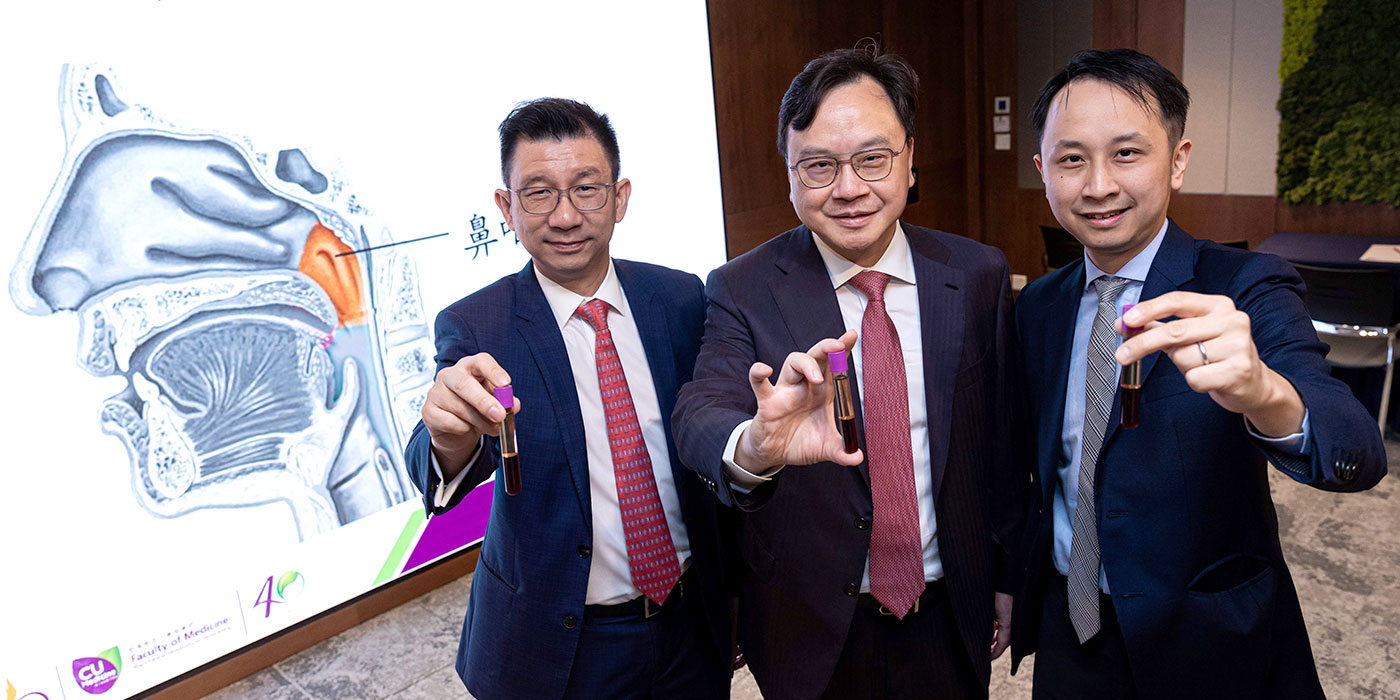
Professor Lo noted that CUHK had established innovative platforms such as the InnoPort to provide students with opportunities to pursue entrepreneurial ventures. These platforms encouraged creative thinking and interaction with experienced alumni and mentors who could help them realise their entrepreneurial dreams.
“I believe the most important thing for young people is to find something they are truly passionate about, something to which they are willing to dedicate decades of their lives towards achieving. The key is discovering a career they love, so that years later, they can look back on their achievements with pride,” he said.
Benefits of blending arts and sciences
Professor Lo believed that higher education should focus on combining fundamental and applied sciences while fostering students’ interdisciplinary skills. “The interconnectivity between different fields is now greater than ever. I hope to nurture talent in cross-disciplinary studies, ensuring that they not only acquire knowledge but also develop a strong moral character,” he said.
He emphasised that universities should not solely prioritise science and technology, but must also place emphasis on the humanities and social sciences to integrate knowledge and pass on culture. Highlighting CUHK’s unique collegiate system, which brought together faculty and students from diverse academic backgrounds and fostered whole-person development, he said: “In this environment where arts and sciences converge, we can explore new possibilities. This comprehensive and multi-dimensional educational model not only equips students with problem-solving skills but also creates greater value for society.”
By Jenny Lau
Cover photo by LCT

